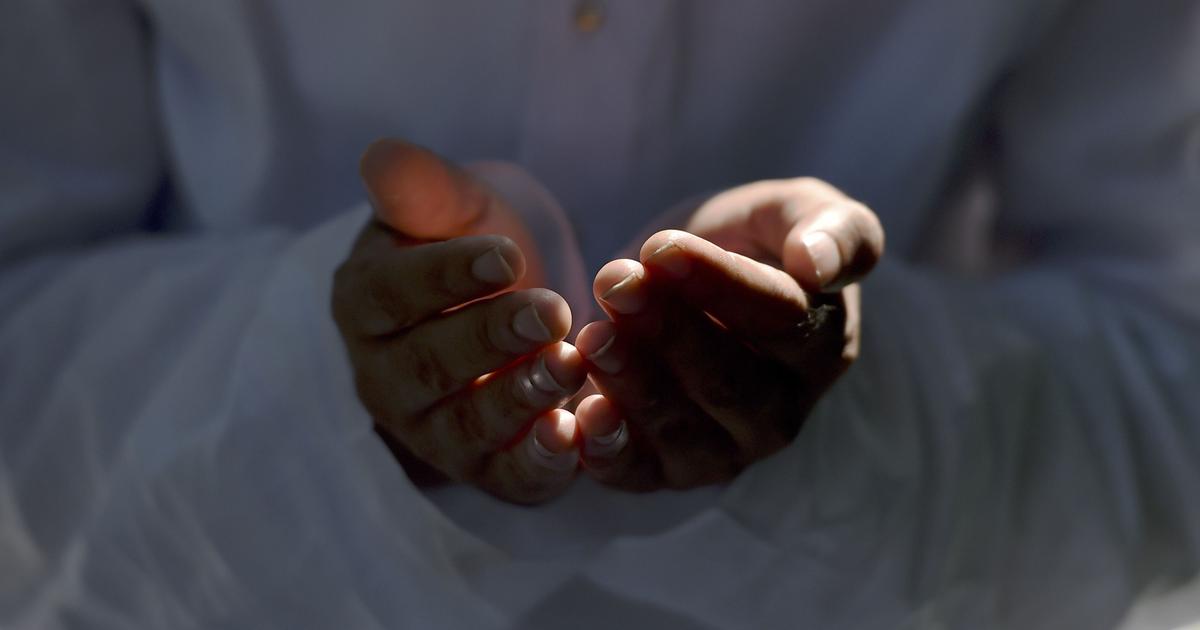By: Aubaid Ahmad Akhoon
The one who secludes himself for worship in the mosque during Ramadan with sincere faith and hope for a reward from Allah, all of his previous sins will be forgiven- Sahih Bukhari
As the holy month of Ramadan draws to a close, Muslims around the world engage in various forms of worship to seek the blessings and forgiveness of Allah. One of the most profound practices during the last ten days of Ramadan is Aitikaaf, which involves seclusion and staying in a mosque for a specific period with the intention of performing acts of worship. The purpose of Aitikaaf is to seek closeness to Allah, increase in spirituality, and obtain a greater understanding of Islam.
The word Aitikaaf is derived from the Arabic word “i’tikaf,” which means to remain in a particular place with dedication and commitment. During Aitikaaf, a person secludes himself from the worldly affairs and devotes himself entirely to the worship of Allah.
Aitikaaf is highly recommended, during the last ten days of Ramadan, which are considered the most blessed and spiritually charged days of the month. The Prophet Muhammad (peace be upon him) used to observe Aitikaaf every year during the last ten days of Ramadan, and it is recommended for Muslims to follow beloved Prophet’s Sunnah (way of life).
The rewards of Aitikaaf are immense and numerous, as indicated by several Ahadees. The following are some of the benefits and rewards of Aitikaaf:
- Closeness to Allah: Aitikaaf is a way to seek the closeness of Allah and increase one’s devotion and sincerity in worship. It is a time to detach oneself from the distractions of the world and focus entirely on spiritual and religious activities.
- Forgiveness of Sins: The Prophet Muhammad (peace be upon him) said, “Whosoever performs Aitikaaf for the last ten days of Ramadan, with faith and seeking reward, all his previous sins shall be forgiven” (Muslim). Aitikaaf is a way to seek forgiveness and repent for one’s sins.
- Blessings and Rewards: Aitikaaf is a highly rewarded act of worship in Islam. The Prophet Muhammad (peace be upon him) said, “The person who observes Aitikaaf, Allah grants him such reward as He gives to those who do good deeds” (Bukhari). The angels also send blessings upon those who observe Aitikaaf in the mosque(Tirmidhi).
- Increased Understanding of Quran and Hadith: Aitikaaf is a time to focus on the study and contemplation of the Quran and Hadith. It is a time to deepen one’s understanding of the teachings of Islam and gain spiritual insights.
- Purification of Heart and Mind: Aitikaaf is a time for introspection and self-reflection. It is a time to purify one’s heart and mind and seek the pleasure of Allah.
Guidelines for Aitikaaf
To observe Aitikaaf, a person should follow the following guidelines:
- Intention: Aitikaaf should be performed with the intention of seeking the pleasure of Allah and gaining His blessings.
- Duration: Aitikaaf can be observed for any period, but it is recommended to observe it for the last ten days of Ramadan.
- Location: Aitikaaf should be observed in a mosque or a designated prayer area. It is not permissible to observe Aitikaaf at home.
- Activities: Aitikaaf is a time for performing acts of worship, such as recitation of Quran, supplication, and remembrance of Allah. It is also recommended to engage in voluntary prayers, especially during the night.
- Etiquette: Aitikaaf requires observing proper etiquette and manners, such as maintaining cleanliness, avoiding idle talk, and refraining from harming
Bottom Line: Aitikaaf is a time when Muslims retreat to the mosque to focus on worship and spiritual activities, seeking the blessings and forgiveness of Allah. It is a time when Muslims are encouraged to make dua for themselves and for the entire Ummah. During this period, Muslims can recite duas for the well-being, unity, and prosperity of the entire Ummah.
The person who observes Aitikaaf remains in the remembrance of Allah and is surrounded by angels, while the Mercy of Allah descends upon him- Mufti Taqi Usmani.
The author is an Educational Columnist, Motivational Speaker, Associate Editor of the weekly ‘Education Quill’ and Senior EDP Head at DD Target PMT in Kashmir. akhoon.aubaid@gmail.com




